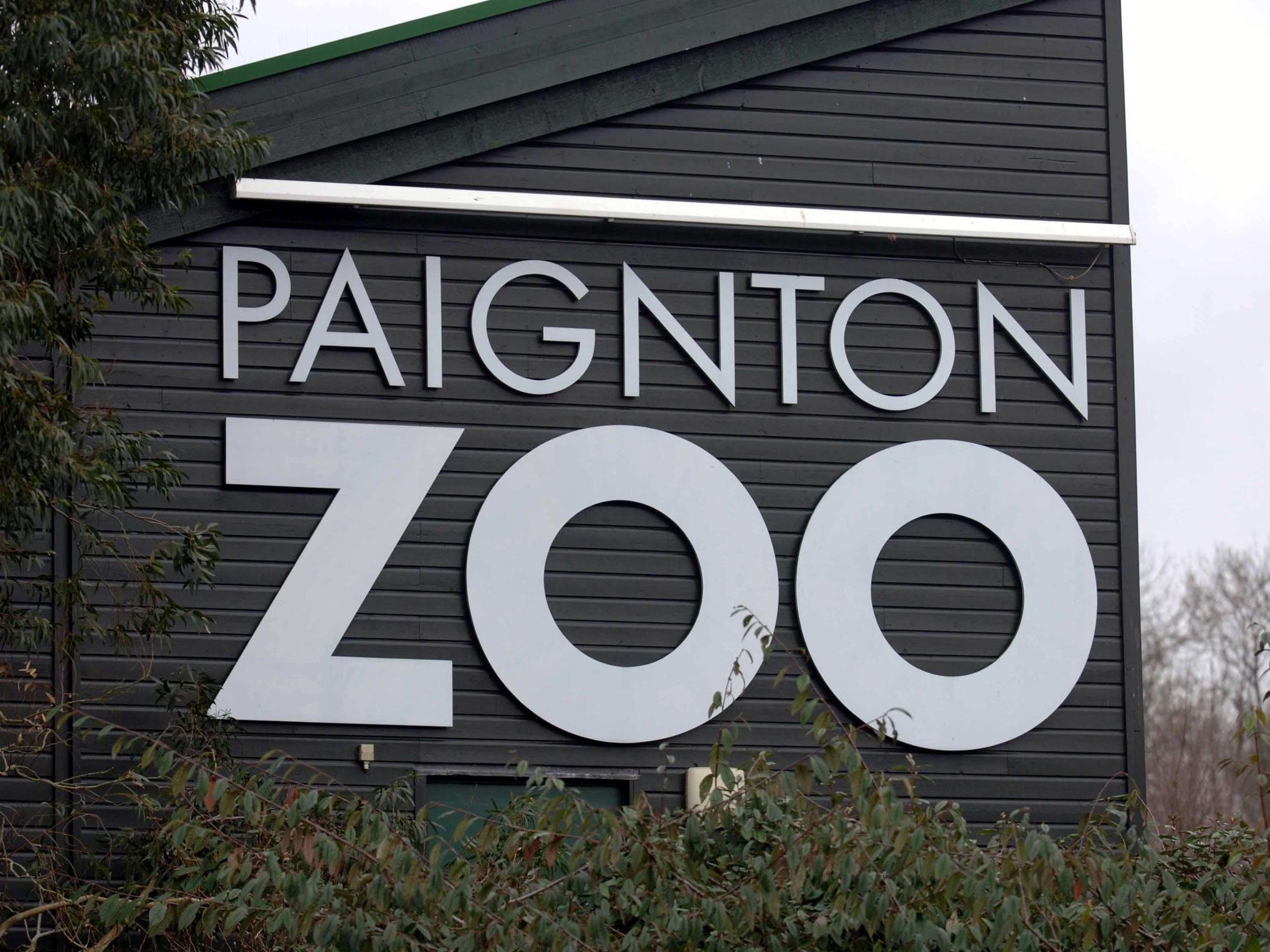Zoo gives contraceptives to 60 species amid fears of overcrowding
Endangered animal breeding programmes on hold after TB outbreak

Your support helps us to tell the story
From reproductive rights to climate change to Big Tech, The Independent is on the ground when the story is developing. Whether it's investigating the financials of Elon Musk's pro-Trump PAC or producing our latest documentary, 'The A Word', which shines a light on the American women fighting for reproductive rights, we know how important it is to parse out the facts from the messaging.
At such a critical moment in US history, we need reporters on the ground. Your donation allows us to keep sending journalists to speak to both sides of the story.
The Independent is trusted by Americans across the entire political spectrum. And unlike many other quality news outlets, we choose not to lock Americans out of our reporting and analysis with paywalls. We believe quality journalism should be available to everyone, paid for by those who can afford it.
Your support makes all the difference.A zoo is giving its animals contraceptives amid fears of overcrowding.
Paignton Zoo in Devon is not able to move its animals to other zoos because of a tuberculosis (TB) outbreak.
When one antelope in the zoo died of the disease in May last year, 11 other antelope were culled.
It has reinforced fencing around the perimeter of the grounds to attempt to keep out badgers, which are thought to have introduced the disease to the facility.
Now, vets fear the zoo could run out of space and is trying to restrict reproduction.
Contraception including injections, tablets, implants and IUD coils are being given to 60 species of mammal.
Five-year-old lioness Maliya was among those given an implant under a general anaesthetic.
Maliya and male Lucifer are endangered Asiatic lions and are expected to breed to boost the population.
Executive Director of the zoo, Simon Tonge, said it was "frustrating" the contraceptive programme was put on hold.
“Even a single positive case of TB leads to movement restrictions on mammals. This prevents us from being able to move young mammals on to other collections., hence the need to curtail breeding," he said.
“There are lots of fit and healthy breeding animals here, representatives of rare and endangered species, many of which, like the Asiatic lions, are part of international efforts to conserve their species. Maliya and Lucifer are the second most important breeding pair in Europe.
“It’s frustrating, but we have to manage them responsibly until we can resolve the situation. We only have so much space."
He said the zoo hoped to lift the TB-related restrictions soon, but was acting under the direction of the Department for Environment, Food and Rural Affairs.
Senior Head Keeper of Mammals Rob Rouse said: “We need to be responsible about managing the space we have so we don’t run out of room."
Join our commenting forum
Join thought-provoking conversations, follow other Independent readers and see their replies
Comments